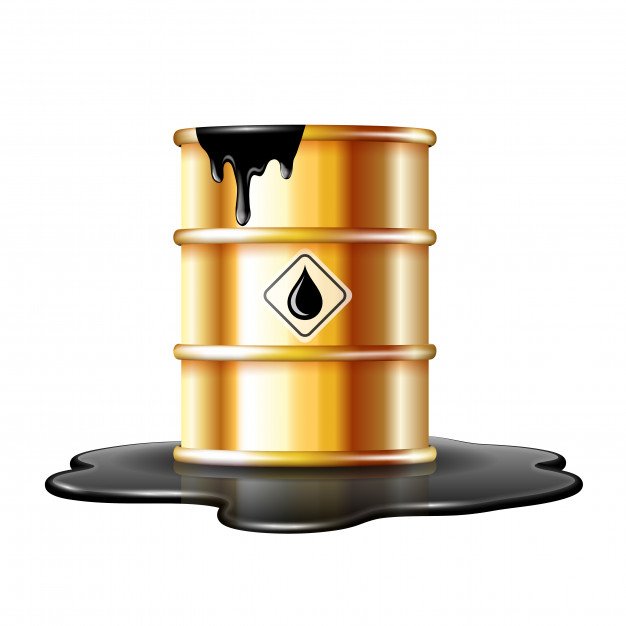Oil prices tumbled on Monday, along with Asian stocks on weak Chinese data and fears that global recession could dampen oil demand.
Brent crude was down 41 cents, or 0.4%, to $111.98 a barrel as of 0603 GMT. West Texas Intermediate (WTI) crude was down 53 cents, or 0.5%, at $109.24 a barrel.
Both contracts soon turned positive after falling more than $1 at the start of the session.
The broad sense of risk aversion driven by recession fears and China’s lockdowns are the main factors pushing oil prices.
There are also concerns about rate hikes and recession in global financial markets, as tighter and wider COVID-19 lockdowns in China led to slow export growth in the world’s #2 economy in April.
China’s crude oil imports, the world’s largest oil importer, rose nearly 7% year-on-year in April, despite falling 4.8% year-on-year in the first four months.
Saudi Arabia, the world’s largest oil exporter, lowered its crude oil prices for Asia and Europe for June on Sunday. This price cut also reflects concerns about global oil demand.
Last week, the European Commission pushed up Brent and WTI prices for the second week in a row, proposing a phased embargo on Russian oil as part of its toughest package of sanctions ever on the conflict in Ukraine. But the proposal still needs a unanimous vote among EU members this week.
The EU proposal was followed by a commitment by the G7 countries to ban or phase out Russian oil imports on Sunday. Japan, part of the G7 and one of the world’s five largest importers of crude oil, said it would ban Russian crude imports “in principle”.
It seems inevitable that both the EU and Japan will compete for more non-Russia supplies in the future, which supports prices.
Bulgarian Deputy Prime Minister said on Sunday that his country will veto EU oil sanctions against Russia in this proposed form. If there is a derogation for some countries, Bulgaria also wants to get a derogation.
Bulgaria has previously indicated it will seek an exemption from the proposed Russian oil ban, but it is unclear whether it wants a full exemption or a delay similar to the one proposed for Hungary, Slovakia, and the Czech Republic on Friday.
Washington also imposed new sanctions on Gazprombank executives and other businesses.

